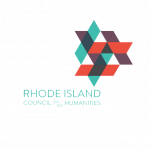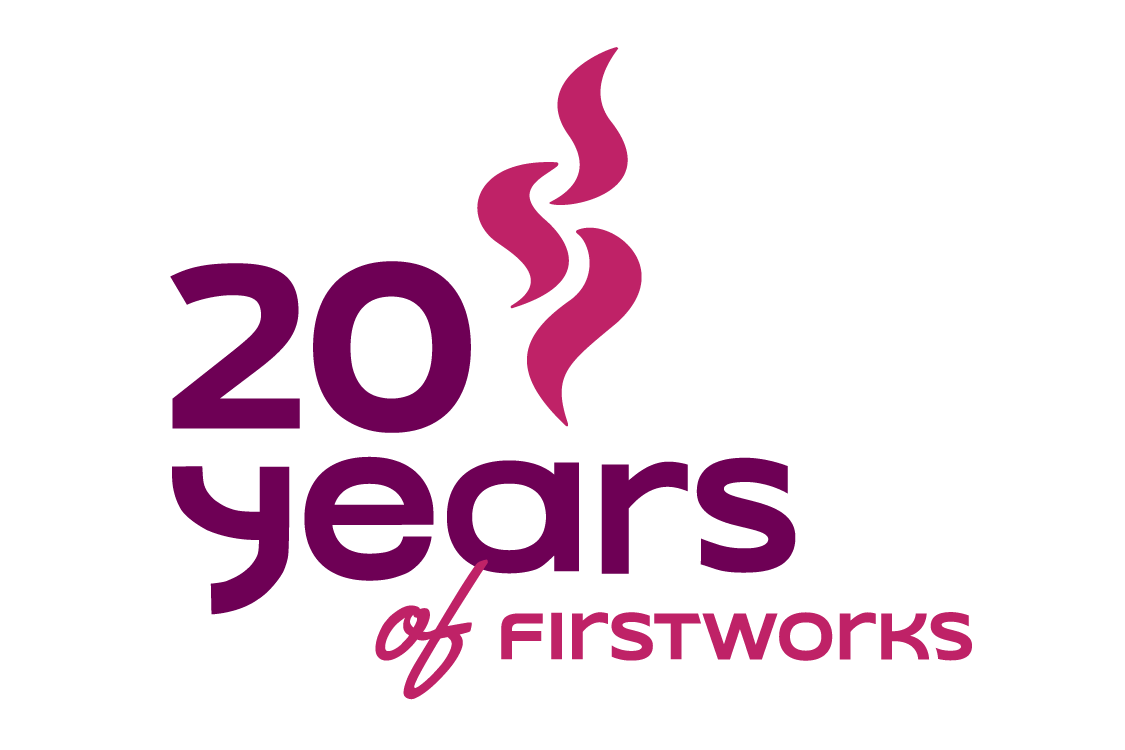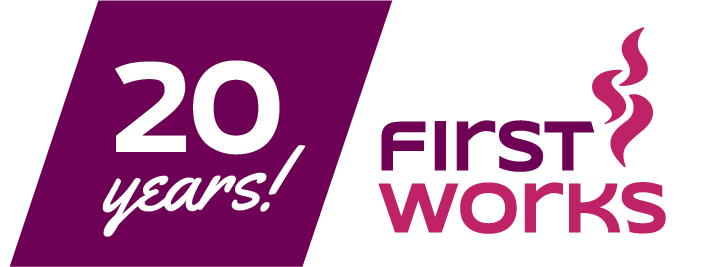We. Sea. Song.
Daniel Alexander Jones
“It is said that before entering the sea a river trembles with fear… The river needs to take the risk of entering the ocean because only then will fear disappear, because that’s when the river will know it is not about disappearing into the ocean, but of becoming the sea.”
-Kahlil Gibran
I stand at the shore, froth from the waves sweeps across my feet. I look toward the horizon & see only the skin of the sea with an occasional interruption by lifeforms poking out from its waves. Tumbled and polished relics of other lives lived–shells, sea glass, and driftwood–are cast upon the shore. These tiny fragments sing epic tales of us, our raw materials, our churning beginnings, our emergence into defined forms, and our undoings, across tides of history larger than our eyes could ever see. The ocean is in part a marriage of mystery & evidence. Mystery is born from the ocean’s own incalculable size & from the vast, surging, ever-shifting forces determining its internal pressures and external expressions. Evidence teems within its coursing layers of atomic history.
I stood at the shore, and witnessed Deep Blue Sea at the Armory in 2021*. Afterwards, I wrote Bill T. Jones the following reflection:
“It is a gift… in particular to our aging nation in decline. Its resonant wholeness escapes the reductive, flattening and extractive habits of seeing and relation that seem to dominate our current mainstream public discourse about art. It is an epic poem of mourning, of reckoning, and of clarion shout.”
As you prepare to experience What Problem? will you recognize yourself at the shore of a vast blue sea, full of mystery & evidence? Will you feel in your bones the power of this company of artists who have elected to enter it, who bravely navigate forces of risk and surrender in order to explore it, then emerge with testimonies for us all? These are twin actions: one, entering the unknown (with all its attendant dangers and invitations; entering willing to see what needs to be faced, to abide the often crushing forces of real-time change, to navigate darkness bordering on erasure); and two, finding some way to record and share experiences of the unknown’s incalculable majesty, of its terrors, and of our consequential relationships to its lessons. These twin actions are, like the waves themselves, a constant dance of call & response. The ocean is at once itself & a symbol, one of power & fragility, of encompassing and subsuming waves of narrative & of the countless moments of indescribable wonder that comprise a vast whole (i.e. the particles in those waves).
These twin actions are as well the double helix of one of Black American culture’s incredible philosophical offerings to the world: the blues. I discern the wisdom of blues and their kin/cousin jazz without ever needing to hear a note played; rather, as the late playwright Aishah Rahman noted about the ideas of jazz aesthetics in theatrical performance, that wisdom is “not contingent upon the presence of the music” to show up! Scholar Eileen Southern noted in “The Music of Black Americans”, the blues “generally but not always reflects the personal response of its inventor to a specific occurrence or situation. By singing about his misery, the blues singer achieves a kind of catharsis and life becomes bearable again.” Blues often erupt from an intractable question that troubles the singer, a lived bit of grit that is turned and tumbled and suffered by the tender heart before being transformed then offered as a pearl of wisdom.
The great Blues singers (Ma Rainey, Bessie Smith, Alberta Hunter, and Billie Holiday among them) understood that individual suffering is not ultimately divisible from collective awareness. They knew that by turning a challenging life question (drawn from any of our individual life journeys) over and over to reveal and study and abide with its multiple perspectives (be it a question of personal loss, desire, fear, disappointment, hope, rage, despair, &/or defeat) we might–might–be able to utter our testimony and perhaps help other beings echolocate in the vastness, feel witnessed, be picked up from the sands, held in tender grasp, regarded, witnessed, and, however briefly, remembered. The lesson: in the face of raging uncertainty, enter the waves and trust your ability to ride them, knowing that you will emerge from the roiling question stripped of all your certainties, but possessed of something more powerful–your song. And that song, offered to the collective, contains an ocean of wisdom, and is itself, an artifact of evidence & mystery.
What Problem? Bill T. Jones and company ask us. I wrote him:
From our initial encounter with your singular, storied [body] in the center of that vast space; through the multiple layers of sweeping narrative, impassioned questioning, and arresting testimony; and the fractal call-and-response expansion of your inquiry through the dozens of folks who joined you (or, perhaps manifested from your imagination before our eyes), you mirrored us back to ourselves. In the mode of our greatest teachers, you exposed the “we” that is chosen or refused alongside the “we” that is ineluctable.
We ask our questions. The sea sings back to us a blues we know in the salt of us. A song of you, of me, of we.
“Your sweat is salty. I am why.” – Björk, “Oceania”
*Deep Blue Sea, the company’s massive performance project flooded the historic Park Avenue Armory with moving bodies, extraordinary visual composition, including breathtaking large scale projections, and an exploration of what they called “the interplay of single and group identities.” Deep Blue Sea is a sibling project of What Problem?, sharing its aesthetic DNA.
—
Daniel Alexander Jones is a Producing Artist with the CALARTS Center for New Performance. His award-winning body of work includes live performance, recorded music & video, and writing. His collection of plays and performance texts Love Like Light is now available from 53rd State Press.
 Made possible with major funding support from the Rhode Island Council for the Humanities, an independent state affiliate of the National Endowment for the Humanities. The Council seeds, supports, and strengthens public history, cultural heritage, civic education, and community engagement by and for all Rhode Islanders.
Made possible with major funding support from the Rhode Island Council for the Humanities, an independent state affiliate of the National Endowment for the Humanities. The Council seeds, supports, and strengthens public history, cultural heritage, civic education, and community engagement by and for all Rhode Islanders.
Any views, findings, conclusions, or recommendations expressed in this [project] do not necessarily represent those of the National Endowment for the Humanities.

